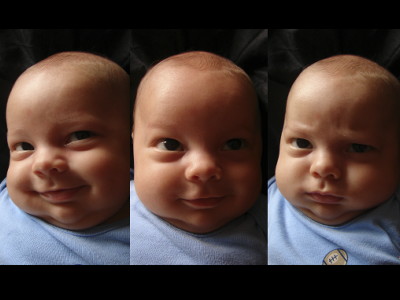There is a possibility that 'remembering power' will decrease as knowledge increases due to 'miscellaneous memory of the brain', but there is also an aspect of improving creativity and determination.

As Albert Einstein's
Cluttered memory representations shape cognition in old age: Trends in Cognitive Sciences
https://www.cell.com/trends/cognitive-sciences/fulltext/S1364-6613(21)00310-7
Storing too much information in the brain can clutter memories of older adults
https://www.news-medical.net/news/20220215/Storing-too-much-information-in-the-brain-can-clutter-memories-of-older-adults.aspx
It is well known that as we get older, it becomes more difficult to remember things, but past studies have also shown that cognitive abilities that depend on access to knowledge grow as we grow older. increase. To unravel this contradiction, a research group led by psychologist Lynn Hasher of the University of Toronto scrutinized several studies of brain and memory.

Some of the studies analyzed by Hasher et al. Include a study in which older people and young people are shown illustrations and letters to remember. The illustrations and letters shown to the subjects in this study had nothing to do with the text, and the subjects who saw it were instructed to 'ignore irrelevant words and focus on the illustrations.' However, subsequent tests were not based on illustrations, but on whether or not they remembered the letters. For example, after seeing the illustration that says 'hydrogen' above, answer the question 'What is the most abundant element in the sun?'
In this test, older people tended to 'perform better if the answer was written on the illustration.' However, this tendency was not seen in young people.
Another study instructed older people and young people to show completely different types of photographs, such as 'human faces and landscapes,' and then remember only one of them. Then, when the brains of the subjects in memory were scanned, it was observed that the brains of the elderly, unlike the young, processed both of the two types of photographs. According to the research team, this suggests that the elderly's brain remembers images that should be ignored.
'When the elderly try to remember things, they are tied to everything in their heads, and it's hard to sort out that information,' Hasher said. If you have five acquaintances named John, trying to remember the surname of one of them should be more difficult than knowing only one John. In the elderly brain, this same phenomenon occurs. Isn't it happening? '

Congested memory makes it difficult to remember and remember specific things, but we also know that there are benefits to gaining more information in our heads. Because, Hasher et al.'S analysis reveals that more information stored in the brain not only increases knowledge, but also makes good use of this knowledge when making decisions and performing creative tasks. Because it went up.
'While brain research tends to focus on memory accuracy, memory accuracy is not as important in real life as it is in the middle of the lab,' Hasher said of the benefits of increased knowledge. The elderly may have overestimated the disadvantages and underestimated the advantages of accumulating wisdom. '
Related Posts:
in Science, Posted by log1l_ks







